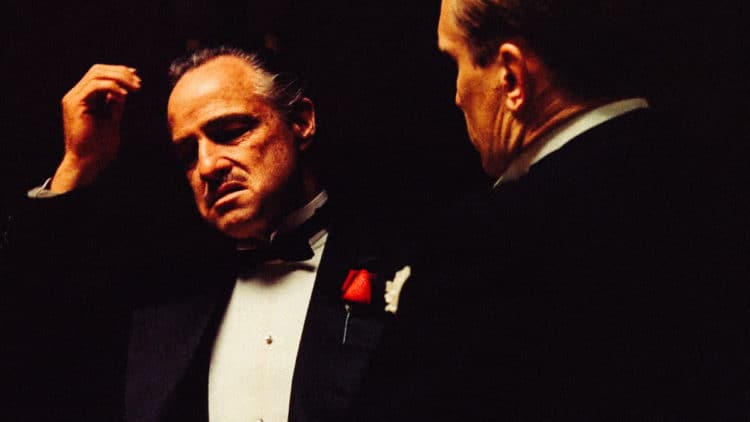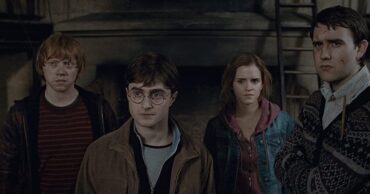
The Oscars cannot seem to exist these days without controversy. With the announcement of the nominations, it is almost inevitable that people will complain that it is either too male, too pale or too conservative when it comes to rewarding true innovation. This year was no exception, controversies including Greta Gerwig’s snub for Best Director, The Farewell garnering no nominations whatsoever and the fact there was only one person of color nominated across all four acting categories.
Outrage may seem like a lot of hot air, especially in relation to the real issues out there in the world, but for film lovers, there is a lot at stake here: the kind of films that get rewarded often end up being the kind of films that get commissioned in the future, in addition directly impacting the ability for underrepresented groups to star in future box office hits. If bold swings can be rewarded, this can change the face of film-making in the future; making Oscar wins for the right films an important part of creating progress in film-making.
While it is easy to bash the Oscars – some pundits even making a career out of the process – over the Academy’s 90-plus years, there have actually been several instances where they managed to get it completely right. Below we have five examples, spanning seven decades, where the critical and Hollywood consensus actually aligned, showing that even a broken clock can be right twice a day! Think we missed something in particular? Sound off in the comments below!
The Lord of the Rings: The Return of the King
Oscar Total: Eleven
With Joker’s eleven nominations, it can feel like history is repeating itself. Here is a massive, billion-dollar grossing film that is also being rewarded handsomely by the Academy. The last time it happened to such a degree, The Lord of the Rings: The Return of the King – the final installment of the massively beloved adaptation of J.R.R. Tolkien’s The Lord of The Rings – won every single category it was nominated for, including Best Picture.
The key difference here is that, unlike the relatively poor Joker, The Return of the King is a genuinely rousing tale of defeating evil that is both engaging on a human scale and epically told through sweeping battle scenes and CGI technology. It broke new barriers for fantasy tales, featured career-best performances and inspired whole new realms of popular culture entertainment, deserving every award it won in the process. Perhaps no film will have the same unanimous critical and commercial success again.
The Best Years of Our Lives
Oscar Total: Seven
Released in the year after WW2 concluded, The Best Years of Our Lives is an uncommonly mature Hollywood film. Depicting the lives of three servicemen as they return to normal life after serving in the war, William Wyler’s adaptation of the novella Glory for Me garnered a total of seven Oscars at the 1947 Academy Awards, including Best Picture.
One could make a claim for the more enduring It’s A Wonderful Life, which more people are probably able to recognize these days, yet The Best Years of Our Lives is the far better film due to the remarkable sensitivity with which it portrays the effects of PTSD. Hitting a chord with the American people, it was the highest grossing film at the time since Gone With the Wind, and holds up today as a fantastic portrayal of what it means to return to normal life after the world has gone to war.
Casablanca
Oscar Total: Three
Nobody working on Casablanca knew the film would become a classic. They were just going to work. Nonetheless, almost every frame is iconic, bolstered by a never-bettered Humphrey Bogart performance, a cynical yet passionate screenplay and a central message of always fighting for what you believe in. Made in the height of war (yet not a strict propaganda movie but a touching elegy about the need to stand up for what is right), it swept Best Picture, Best Director and Best Screenplay at the 1943 Academy Awards.
Compared to the other Best Picture nominees on offer, few of which have endured over the years, the Oscars – awarding a film that during its initial release didn’t do that well in the Box Office – actually managed to go against popular consensus here, managing to seem forward-looking in the process.
Lawrence of Arabia
Oscar Total: Seven
Widely considered as one of the greatest British films ever made, Lawrence of Arabia is a once-in-a-generation, epic historical tale detailing T.E. Lawrence’s travails in the Middle East, especially Syria, during WWI. A three-and-a-half hour exploration of the nature of violence, the difficulty of making a real change and one man’s obsession with the possibilities found in the infinite desert, it is a true, bonafide masterpiece.
The Academy Awards in 1963 immediately understood Lawrence of Arabia’s rare power, bestowing David Lean’s film with seven Oscars, including Best Picture and Best director. While compared with other nations, the United Kingdom does pretty well at the Oscars – especially in the acting categories – Lawrence of Arabia is easily the nation’s most deserved and greatest success.
The Godfather
Oscar Total: Three
Made at the height of the American New Wave, The Godfather, directed by Francis Ford Coppola, demonstrated what could happen when passionate auteurs met the full power of the Hollywood system and were allowed to tell stories their way. An epic mob tale of revenge and loyalty, The Godfather powerfully lays bare the full magnitude of the Italian-American mafia experience.
Academy voters were happy to reward the Marlon Brando and Al Pacino-starring drama, giving Brando Best Actor, Coppola and Mario Puzo Best Adapted Screenplay and the film itself Best Picture. While both Cabaret and Deliverance, both nominated in the same year, are fine films, its safe to say that The Godfather was head and shoulders the most deserving entry that year. It’s worth also noting that we could’ve also put The Godfather Part Two here, which also won Best Picture just two years later.
 Follow Us
Follow Us




